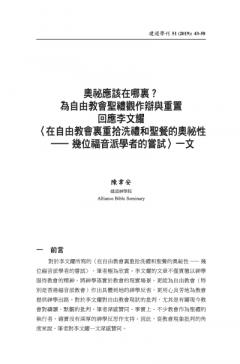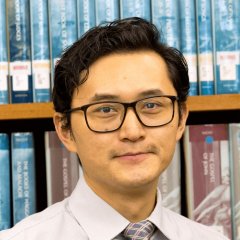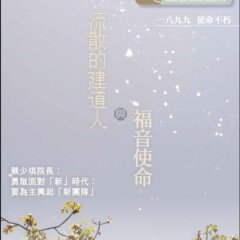奧祕應該在哪裏?為自由教會聖禮觀作辯與重置 回應李文耀〈在自由教會裏重拾洗禮和聖餐的奧祕性 —幾位福音派學者的嘗試〉一文/陳韋安
陳韋安
撮要
本文回應李文耀的〈在自由教會裏重拾洗禮和聖餐的奧祕性 —幾位福音派學者的嘗試〉一文,盼望透過具建設性的神學對話,反省及重置自由教會與傳統奧祕聖禮觀的關係。本文一開始探究聖禮奧祕性的聖經基礎,提出奧祕(Μυστήριον)一字在聖經中的意義,以及聖禮(sacramentum)這概念在早期教會歷史中如何誕生 — 藉此強調「聖禮」這概念乃是形成於具歷史因素的神學釋經。第二部分是巴特的聖禮神學。巴特的聖禮神學具有兩個重要意義:(1)巴特的去聖禮化為自由教會展現一套出非聖禮觀的神學基礎;(2)巴特的聖禮神學也是一個極佳的神學參考,展現出神學家的神學思考如何不應該傳統性或所謂「普世性」所局限。本文嘗試指出,所謂「普世性」不是跟從大多數,而是剛相反,在對話中展現自身的立場與不同。
ABSTRACT
This essay aims to respond Dr. Lee Man-yiu’s recent paper “Rediscovering the Mystery of Baptism and the Lord’s Supper in the Free Churches: Several Attempts by the Evangelical Scholars” and through a constructive theological dialoguge, reflect and relocate the sacramental theology of free church in relation to the traditional thought of mystical sacraments. This essay begins with a biblical word study of the word Μυστήριον and the historical development of the concept of sacramentum ― it argue that the tradition conception of sacramentum is based on a theological exegesis of the early church. The second part of the eassy is an introduction of the sacramental theology of Karl Barth, which brings two significances: 1. Barth’s Entsakramentalisierung der Sakramente provides a solid theological foundation for free church. 2. The theological reflection of Karl Barth demonstrate a good example, how a theologian do theology without any constraint of “the traditional” or so-called “ecumenism”. This essay tries to argue, “ecumenism” does not simply follow the majority, but, in contrast, engage in a theological dialogue without giving up the theological stand and difference.
原載於《建道學刊》51期(2019年1月),頁 43-58。
作者簡介
陳韋安
神學系副教授








